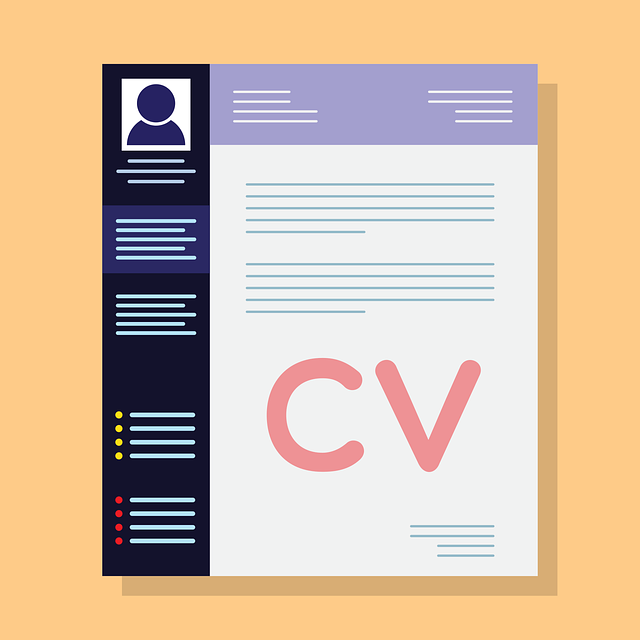If you are applying for jobs, you should probably know that you need to stand out from the crowds. Consider those key criteria that employers are looking for in particular.
-
Don’t use too much color in your resume
To embellish a CV, many candidates use color. Either for the font, or in solid colors, for boxes. It’s not inadvisable but you shouldn’t overuse it. Choosing a resume color can be a good idea, but you still need to choose one that is legible if applied to the font and consistent with the target position. Avoid yellow color and no neon pink for a position in a bank. This is why, to avoid candidates making the wrong choice, some specialists advise against coloring a resume.
-
Avoid logos
It’s true that inserting icons of mastered software, or company logos, can be tempting. However, it is a bit risky. Some ill-intentioned recruiters could therefore jump at the chance to put you in trouble during the interview. In addition, all these colors and shapes, sometimes random, can weigh down your resume or break its sobriety.
-
To keep it simple and beautiful: stick to Word, unless you’re in communications
To create a simple and beautiful CV, Word (or OpenOffice) is enough. A Word document should be saved in PDF format so that its presentation remains as you imagined it. If you are running out of time, you can just use a CV builder, and download an example of CV in pdf. Just be careful, the form must not be inconsistent with the candidate’s skills. What about a Photoshop CV if the candidate does not master this tool? So, unless you’re looking for a job in communications, there’s no point in trying to use software like Indesign or Photoshop.
Be honest
Lying on your curriculum vitae is a bad idea because if you get a job interview, the recruiter will definitely check the information you gave them with your previous employer. Only list the languages you speak, the degrees you actually have (not a degree level), the tasks you have performed and the skills you have acquired.
Have it proofread
Finally, make sure there are no typos or spelling mistakes. To do this, don’t hesitate to have your CV proofread by a third party. The same goes for your cover letter.
-
Additional information (optional)
You can add other information that may be useful only if it adds value to your resume.
-
Foreign languages
In some cases, they may be useful to mention, especially in international companies. Be specific about your level in each language.
-
Computer skills
Mention them if you master software. This part is very useful for the position you are applying for.
-
Interests
To make a CV that says a little more about your personality, be original and don’t specify basic interests.
-
Publications and certifications
Don’t forget to put them on your CV. They are ideal to prove your knowledge of the field.

